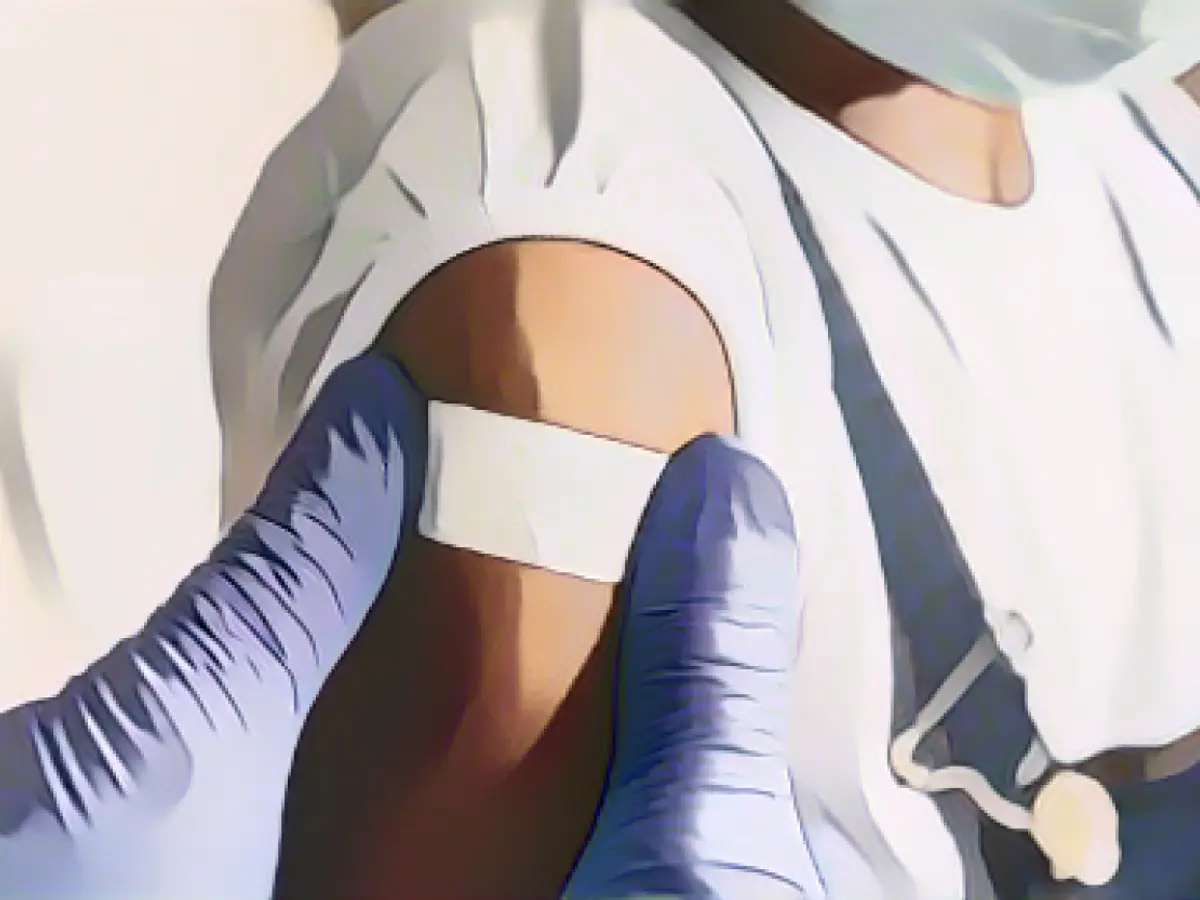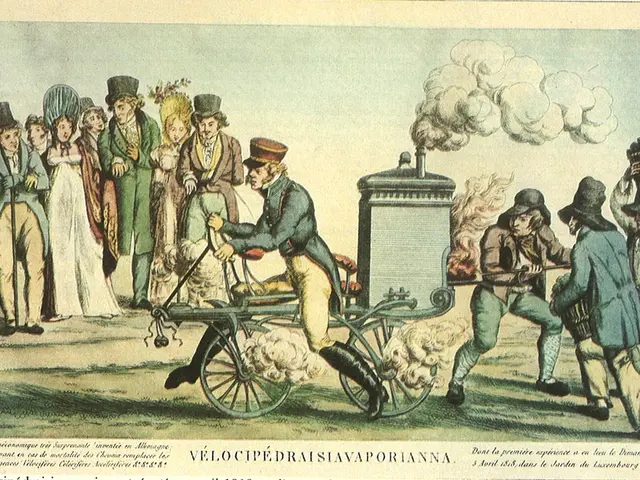Stay Safe This Holiday Season: Updates on COVID-19, Flu, and RSV
With the holiday season right around the corner, it's crucial to stay informed about the current health situation and how to protect yourself and your loved ones. This year, we have vaccines available for not only COVID-19 but also influenza and Respiratory Syncytial Virus (RSV).
The CDC's Urgent Call to Action
The Centers for Disease Control and Prevention (CDC) has cautioned that it's imperative to boost vaccination rates due to the rising number of respiratory illnesses. Despite the increasing virus activity, vaccination rates remain low among children and adults.
In response to the situation, Peter Hotez, Co-Director of the Center for Vaccine Development at Texas Children's Hospital and Dean of the National School of Tropical Medicine at Baylor College of Medicine, shares the CDC's concerns about the potential for a severe COVID wave at the beginning of the year. He cites the emergence of new subvariants, low vaccination rates, and rising COVID-19 hospitalizations as contributing factors.
Based on CDC estimates, about 20% of new COVID-19 cases in the US are currently caused by the JN.1 subvariant, which is the fastest-growing Coronavirus subvariant in the country. It has predominantly affected the Northeast.
Hotez warns that the combination of new subvariants, low vaccination rates, and rising COVID-19 hospitalizations might lead to a "quite severe COVID wave" in the early part of the new year.
What Can You Do?
The CDC recommends getting vaccinated as the best way to protect yourself and your family from the severe consequences of these viral respiratory illnesses. Vaccinations can help reduce the strain on hospitals due to the overwhelming number of patients.
Holiday Vaccinations: A Crucial Role
During the holiday season, vaccinations will play a significant role in curbing the virus's spread. According to the US aviation industry's lobby group, airlines expect to transport nearly 3 million passengers per day during the main holiday period.
However, if you haven't received the latest COVID-19 vaccine yet and are concerned about getting it while on vacation, it might not provide adequate protection if you get it now, even if you have already been vaccinated with a previous version.
Hotez explained that individuals who have already been vaccinated will acquire a protective immune response with high virus-neutralizing antibodies about two weeks after their vaccination. If you get vaccinated on December 22, your fully protective immune response theoretically won't become active until January 5. This timeline may vary for individuals.
"Since most people have already been vaccinated or have been infected, the immune system does not require as much preparation time to begin antibody production," said Dr. Peter Chin-Hong, an infectious disease specialist at the University of California, San Francisco.
If you have some level of immunity to COVID-19 and decide to get vaccinated, you might still have time to be protected by New Year's, according to experts.
Chin-Hong added that the protection against COVID-19 lasts for about three to six months after vaccination. Therefore, even if you miss the "holiday deadline," it's still beneficial to get the updated vaccine as soon as possible.
Protective Measures Beyond Vaccination
While vaccination is crucial, there are other precautions you can take to reduce the risk of an infection, such as:
- Wearing a high-quality mask (such as a N95) in crowded places like airports.
- Adhering to social distancing guidelines in confined areas with poor ventilation, like sticky air bridges at airports where passengers wait for their flights.
- Practicing good hand hygiene, which includes frequently washing your hands with soap and water for at least 20 seconds or using an alcohol-based hand sanitizer.
If you suspect you might have a respiratory infection but don't have many symptoms, wearing a mask can help protect others from getting sick, even if you frequently have such symptoms.
Get Vaccinated and Stay Informed
There are currently three main threats to public health during the holiday season: COVID-19, influenza, and RSV. To minimize the risks, make sure to stay informed and up-to-date on the latest information, including vaccine availability and recommended precautions.
Enrichment Data Integration
To stay safe from COVID-19, influenza, and RSV this holiday season, consider the following steps:
- Get Vaccinated:
- COVID-19 Vaccine: Ensure you are up-to-date with the latest COVID-19 vaccine, including any recommended boosters. The CDC recommends an updated COVID-19 vaccine for everyone ages 6 months and older who is able to receive one[4].
- Flu Vaccine: Get the flu vaccine, which is recommended for everyone ages 6 months and older who is able to receive it. The flu vaccine options can depend on your age and health status[4].
- RSV Vaccine: For those eligible, such as adults 75 and older, and those 60 to 74 with an increased risk of severe RSV, consider getting an RSV vaccine. The CDC recommends a single RSV vaccine dose for these groups[4].
- Practice Good Hygiene:
- Wash Hands Frequently: Wash your hands with soap and water for at least 20 seconds, or use an alcohol-based sanitizer[3][4].
- Cover Coughs and Sneezes: Use your elbow, upper shirt sleeve, or tissue to cover your coughs and sneezes, and avoid touching your face, nose, and mouth[3][4].
- Disinfect Surfaces: Clean commonly touched surfaces regularly, such as doorknobs, phones, and countertops[3][4].
- Maintain Clean Air:
- Improve Ventilation: Maximize indoor ventilation by opening windows or using air purifiers when spending time indoors[3][5].
- Use Humidifiers: Use humidifiers to maintain indoor humidity levels, which can reduce virus survival rates[2].
- Avoid Close Contact:
- Stay Home When Sick: If you are experiencing symptoms of COVID-19, influenza, or RSV, stay home and avoid contact with others until you are fully recovered and fever-free for at least 24 hours with fever-reducing medication[3][5].
- Wear Masks: Wear a mask indoors in crowded spaces, especially at large gatherings during the holiday season[3][5].
- Boost Your Immune System:
- Eat a Balanced Diet: Consume a diet rich in vitamins and antioxidants to support immune function[2].
- Stay Hydrated and Get Adequate Sleep: Drink plenty of water and get sufficient sleep to keep your immune system resilient[2].
By following these steps, you can significantly reduce the risk of contracting COVID-19, influenza, and RSV during the holiday season.








